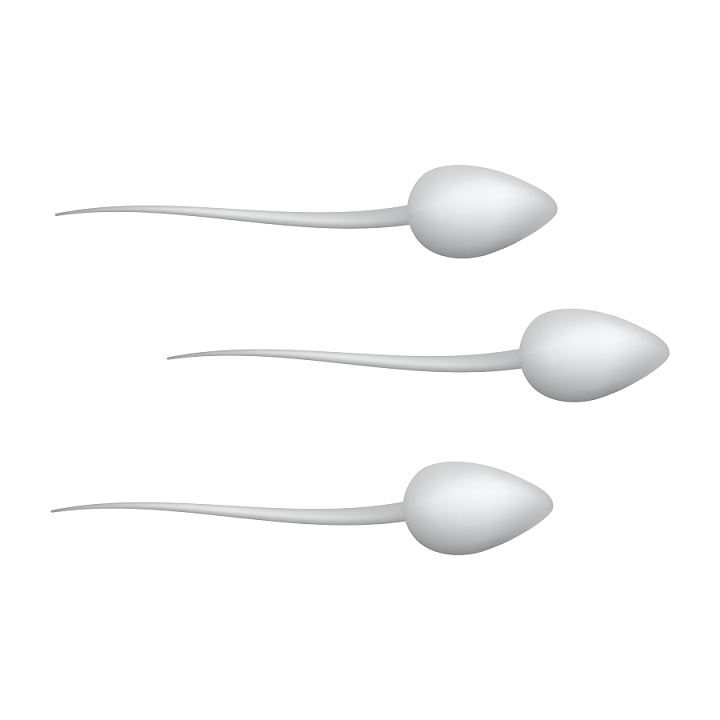
Single Biggest Piece of Advice from a Urologist
September 19, 2019
Advocating for Your Fertility
October 2, 2019An excerpt from Fertility & Beyond: Join the Conversation
By Sandeep Mistry, MD, Urologist
There are five different factors that can impact male fertility. It’s important to look at each piece of the puzzle.
Genetics
The first thing to look at is genetics. We can’t change genetics, but in cases where there is no sperm or very low sperm concentration, there may be identifiable genetic abnormalities of the chromosomes. Those patients can at least be informed of the condition.
A man’s extended family history of trouble conceiving later in life may give some insight into genetic problems.
Hormones
The second issue we look at is hormones.
The most important hormones are testosterone and the follicle-stimulating hormone. Both give us an idea of how the testicles are functioning.
It is possible to improve testosterone levels in many men or to give supplements or prescriptions that can make the testicles work harder to make more sperm or more testosterone.
We also look at prolactin levels. Prolactin is a hormone made by the pituitary gland that, if elevated, can cause sperm counts to be abnormally low.
Lifestyle
The third area that we evaluate is “lifestyle.” Patients may not realize certain things can affect their sperm count and quality.
Try to moderate alcohol consumption, stop tobacco smoking, stop use of marijuana, etc. Minimize exposure to harmful chemicals such as in a work environment. Make sure that exercise routines are not unnecessarily long or strenuous, causing prolonged temperature increases for the testes.
General Health & Wellness
The fourth factor is the one most commonly missed: General health and wellness.
Most people understand that obesity, hypothyroidism, and hormonal abnormalities can cause infertility in women. But many people are surprised to learn that they can cause the same problems in men.
One study even showed that just having a low sperm count could be a sign of an increased risk of early heart attacks in men.
We examine cholesterol levels, blood pressure, diabetes risk, etc. We fix those things if needed as they can have a significant impact on a man’s fertility.
Anatomy of the Testicles
The last thing, which most men think is the only factor, is the anatomy of the testicles.
We want to make sure that there are no abnormal nodules or conditions that could be precipitate blockage of sperm. We are also confirming there are no abnormalities that could be causing the temperature of the testicles to be abnormally high, such as the presence of dilated veins called a varicocele. A varicocele can be present in up to 50% of men with infertility.
Treatment Options
Once an issue has been identified, there are a number of treatment options available when it comes to male factor infertility.
About Dr. Sandeep Mistry
Background
Dr. Sandeep Mistry completed his residency in urologic surgery at the Baylor College of Medicine in Houston. Dr. Mistry is a urologist that specializes in treating patients going through infertility treatments and has been in active practice for more than ten years in Austin, TX. In addition, he treats a number of men for hormone deficiency which has led him to create an approach to treat male patients more holistically, looking at their general health and welfare as it impacts fertility and not just their hormones and anatomy.
Contact Information
Phone: (512) 238-0762
Website: http://mensfertilityaustin.com
Get your copy of Fertility and Beyond: Join the Conversation on Amazon.





